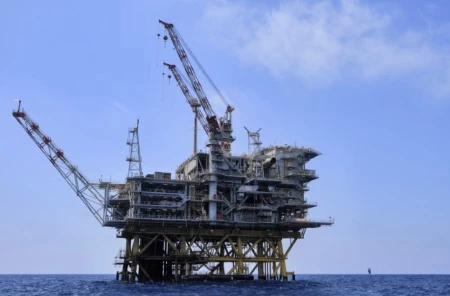Shale: Sinner Or Saviour?
Add bookmarkEverybody loves to take a winner down a peg or two. If somebody or something is lauded as a "legend" or a "saviour", invariably it is not going to be very long before cloaked daggers are drawn. In Ancient Greece, who would have turned down the epitaph "The man who felled Hercules"?

Shale gas seems to be the fall-guy elect at this current moment. In a March 5th article featured in ProPublica, assistant administrator for water at the Environmental Protection Agency, Benjamin Grumbles, criticised the Bush administration's premature green-lighting of hydraulic fracking in 2004.
Recent articles in the Pittsburgh Post-Gazette have brought to light the link between hydraulic fracturing and unsafe radiation levels in wastewater. Add to that the award-winning documentary "Gasland", and "Fracked", the November 2010 episode of CSI which managed to combine murder and shale gas in one 45 minute episode, and you are stirring the pot of public disgruntlement with a jackhammer.
Despite the environmental concerns and growing media vilification, the facts that backup shale exploitation are persuasive.
- Oil prices are at recent highs and with tumult in North Africa and the Middle East - With erratic political upheaval continuing unabated, shale gas represents a powerful get-out clause from Middle East oil dependency.
- Traditional gas reserves are depleting with increasing rapidity - There are 456 trillion cubic meters of shale gas reserves around the globe compared to 187 trillion cubic metres of conventional gas. 300 billion cubic metres of exploited shale can heat 15 million homes for a year.
- Exploitation is cheaper - In the US shale plays, the cost of producing shale gas is $3 or less per million British thermal units, compared with conventional gas exploitation which is priced at approximately $10 per million Btu.
- Shale gas is cleaner - The process of extraction, and the carbon footprint of burning shale gas is some 50 to 70 per cent less than that of coal, the world's main fuel supply.
- The Global Energy Gap - More than one fifth of the world's population have no access to electricity; more than a third have no means to cook or heat aside from wood-fuelled methods. Shale gas could go a long way to providing these most basic of amenities to the developing world.
While legitimate environmental concerns must be taken into account and worked through, the question must be asked: are we willing to consign to denigration a potential cure for very real and burgeoning sociopolitical problems?
Do we really want to kill Hercules?
[eventpdf]




















